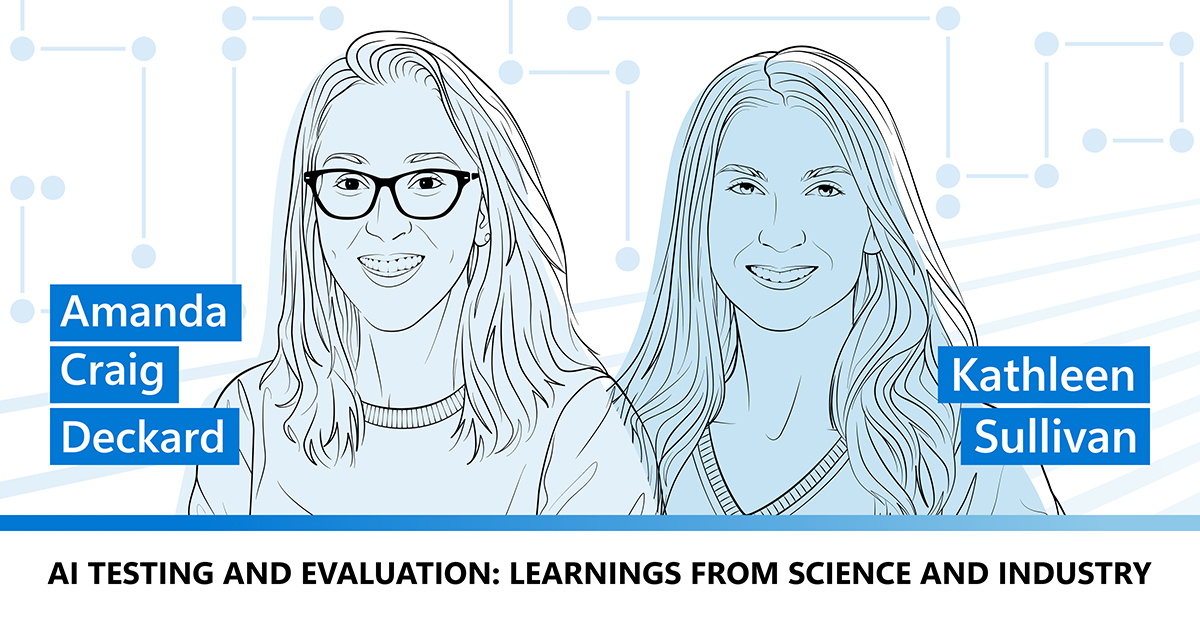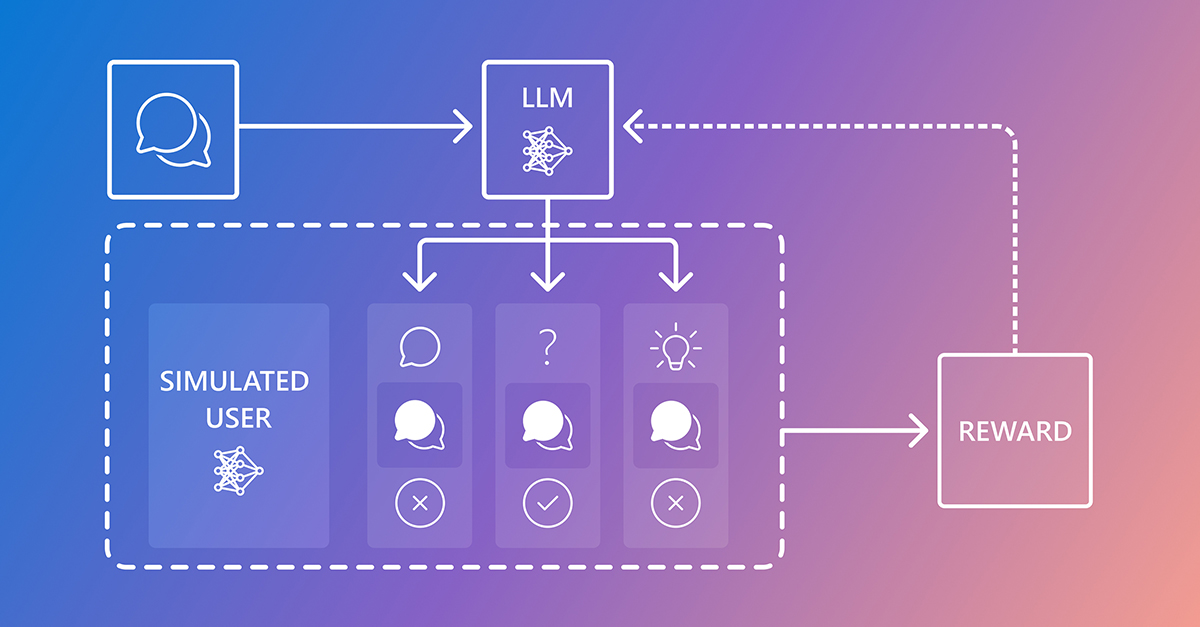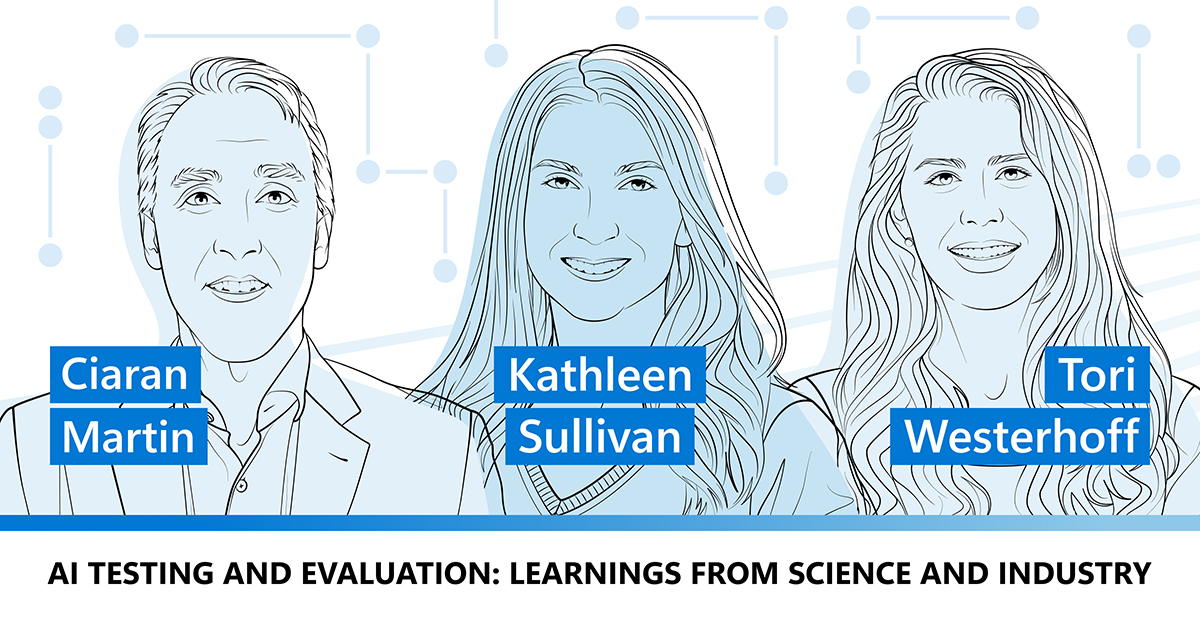
Microsoft Research
@MSFTResearch
We advance science and technology to benefit humanity.
Can AI help people stay healthier as they age by helping to predict disease? Peter Lee and Dr. Eric Topol explore this and other topics in Episode 8 of “The AI Revolution in Medicine, Revisited.” msft.it/6019s6arx
A fast-moving world requires fast moving tools. Here’s how the speed of AI is helping scientists create world-changing developments that once felt out of reach: msft.it/6000ShRLu
When it comes to uses of AI, the thing that most excites me today is how discovery is being accelerated in medicine, biology, chemistry, materials, and beyond. Great work at great labs everywhere, including (and especially) at Microsoft @MSFTResearch news.microsoft.com/source/feature…
Daphne Koller, Noubar Afeyan, & Dr. Eric Topol, leaders in AI-driven medicine, explore how AI is reshaping how we diagnose and treat disease—from early-stage drug discovery to clinical care—in Episode 8 of “The AI Revolution in Medicine, Revisited.” msft.it/6019S7p9t
In the “AI Testing & Evaluation” finale, Amanda Craig Deckard explores what Microsoft has learned about testing as a governance tool; the roles of rigor, standardization, & interpretability in testing; & what’s next for Microsoft’s AI governance work. msft.it/6017sDY5Z

Big milestone for the future of quantum computing. We are delivering the world's first operational deployment of a Level 2 quantum computer, powered by our stack and in partnership with @Atom_Computing. Congrats to EIFO, @novonordiskfond, and QuNorth. novonordiskfonden.dk/en/news/eifo-a…
Recipient of an ICML 2025 Outstanding Paper Award, CollabLLM improves how LLMs collaborate with users, including knowing when to ask questions and how to adapt tone and communication style to different situations. This approach helps move AI toward more user-centric and…

In “AI Testing and Evaluation,” former UK cybersecurity chief Ciaran Martin explores differentiated standards and public-private partnerships in cybersecurity, and Microsoft’s Tori Westerhoff examines the insights through an AI red-teaming lens. msft.it/6010Shb5Q

Understanding protein motion is essential to understanding biology and advancing drug discovery. Today we’re introducing BioEmu, an AI system that emulates the structural ensembles proteins adopt, delivering insights in hours that would otherwise require years of simulation.
Today in the journal Science: BioEmu from Microsoft Research AI for Science. This generative deep learning method emulates protein equilibrium ensembles – key for understanding protein function at scale. msft.it/6010S7T8n